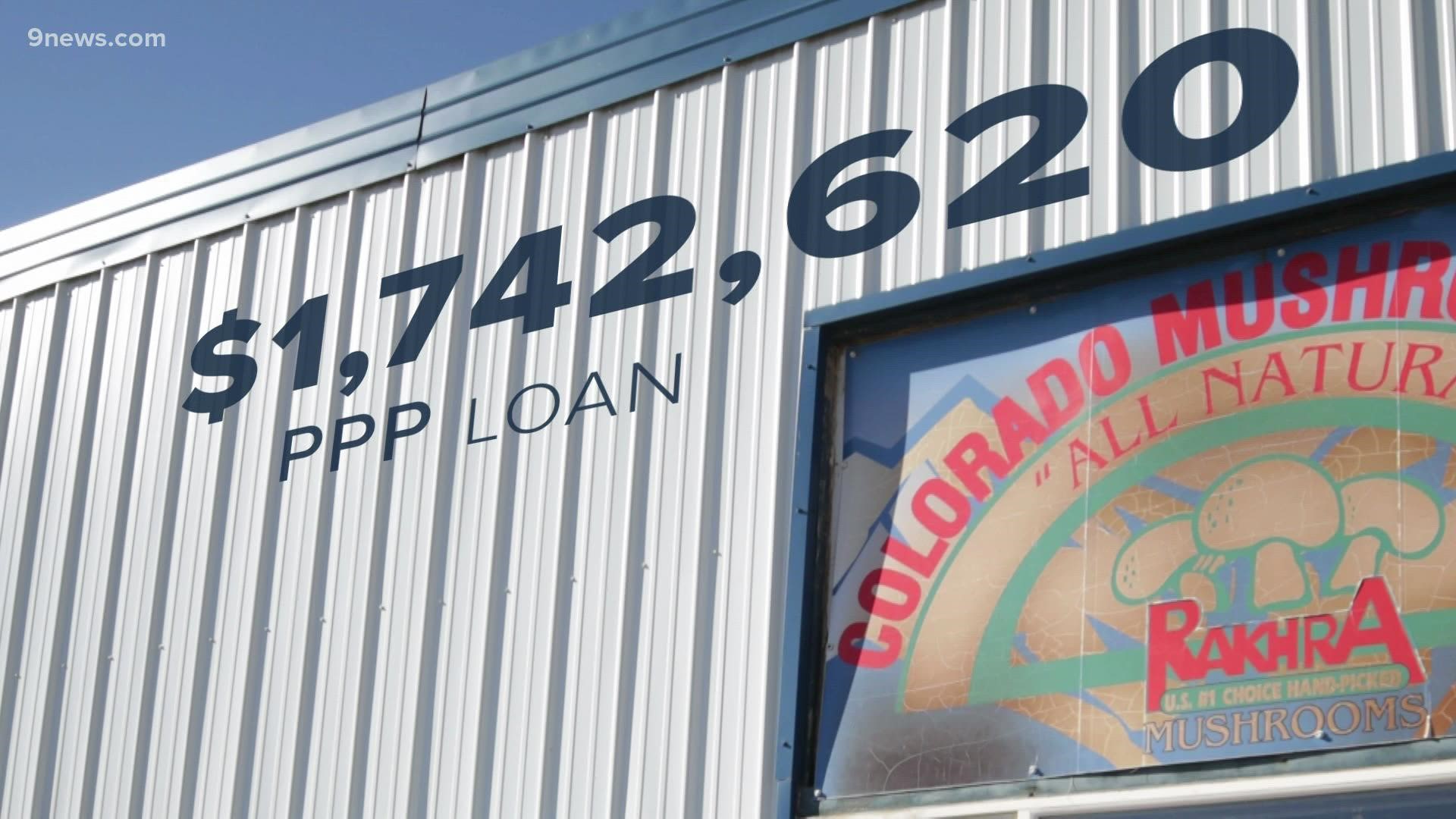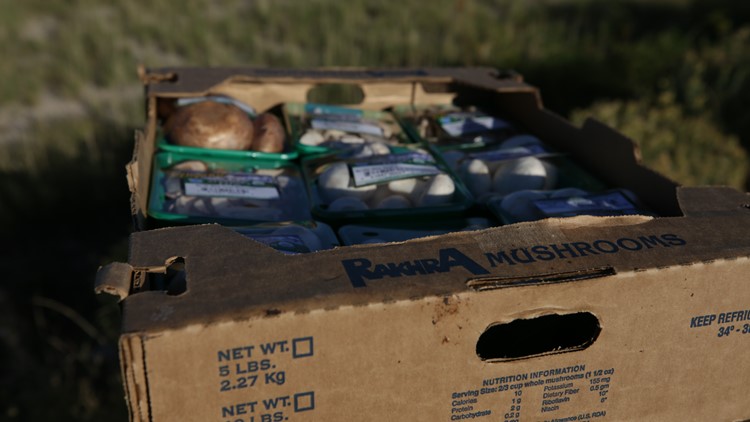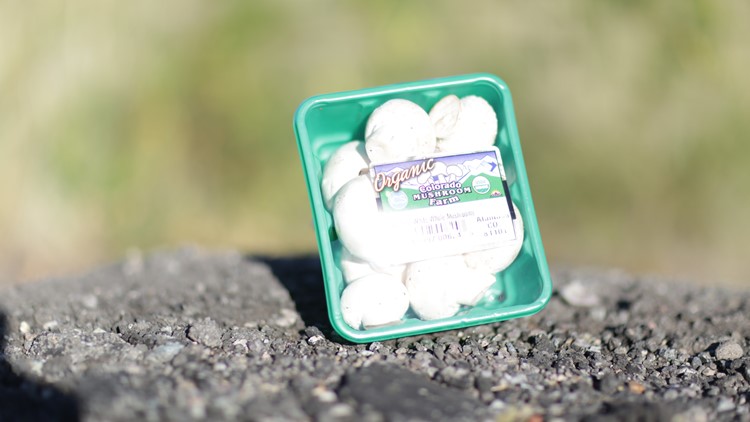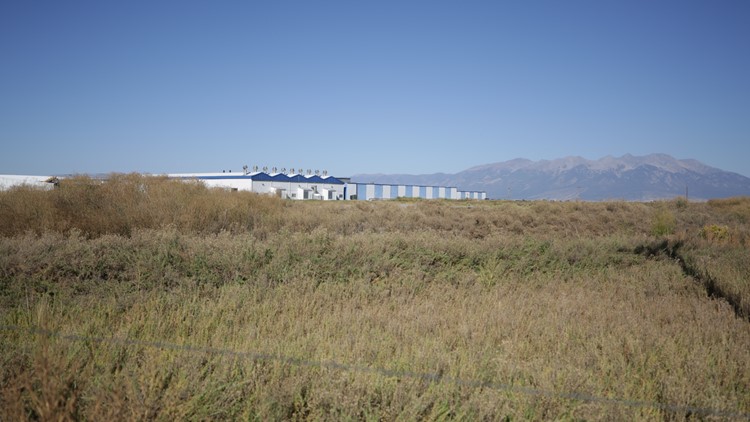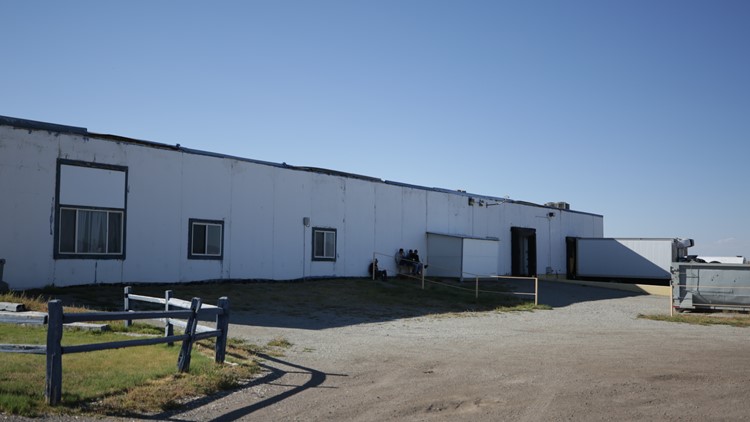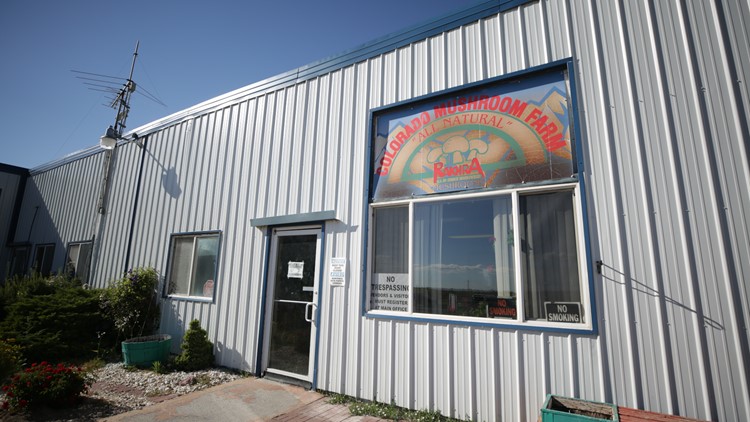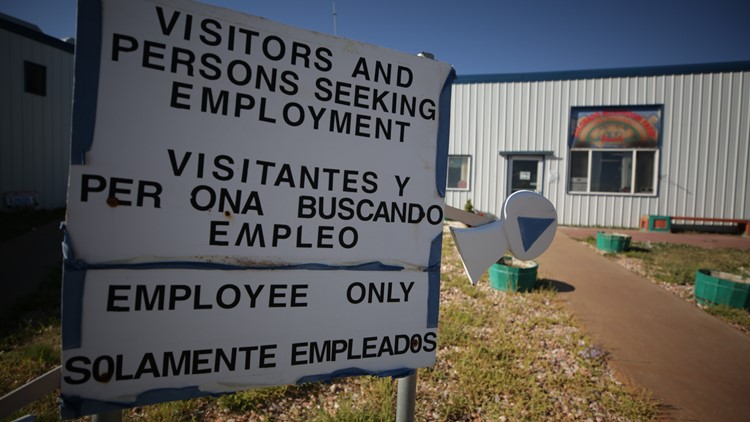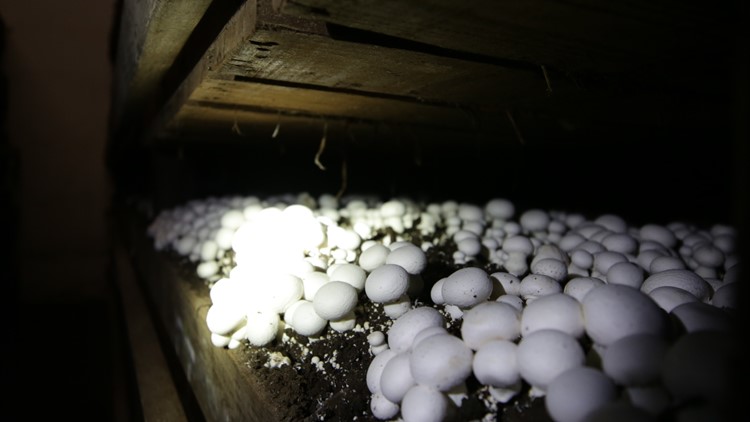At least 161 tax delinquent businesses, individuals got PPP loans in Colorado
9Wants to Know found Colorado is owed more than $6.6 million in delinquent taxes but these entities were paid $13.2 million through government assistance.
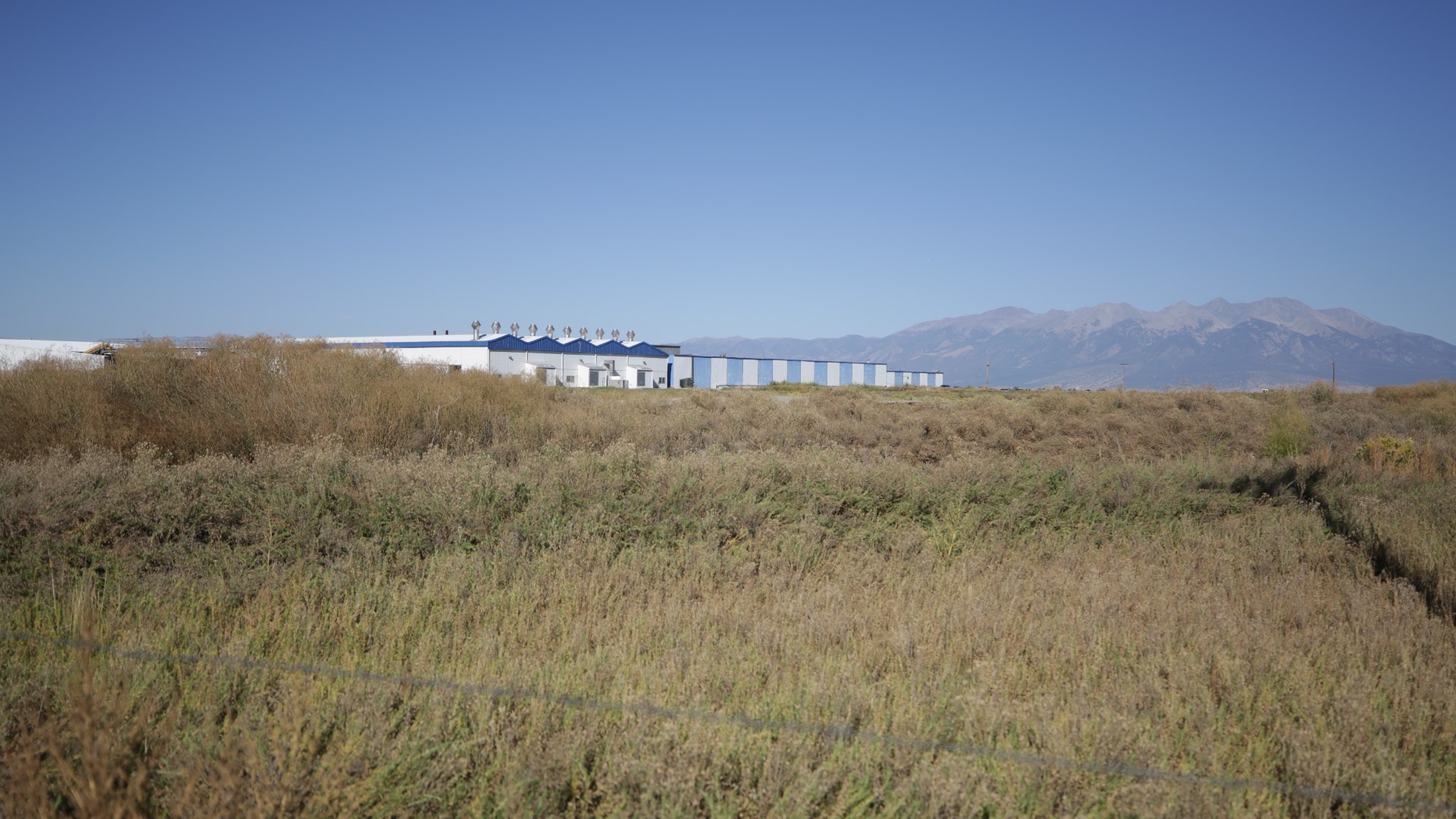
'Benefiting ... without contributing'
At least 161 Colorado companies and individuals who owed millions in back taxes still qualified for federal pandemic relief loans, a 9Wants to Know investigation found.
“Essentially, they're benefiting from taxpayer money without contributing to the system,” said Tim Stretton, director of the congressional oversight initiative at the Project On Government Oversight.
9Wants to Know analyzed data from the Small Business Administration (SBA) and the Colorado Department of Revenue. The analysis found that at least 161 companies and individuals that were paid $13.2 million through the Paycheck Protection Program (PPP) still owe more than $6.6 million in delinquent state taxes.
“These loans should not have been approved in the first place,” Stretton said. “These loans, like other COVID relief programs, were intended for companies that were in good financial standing before the pandemic because they were supposed to be helping these companies weather the pandemic.”
Stretton said the government could have been more careful about who got the money while moving quickly to help companies dealing with an “economic crisis.”
Those seeking Economic Injury Disaster Loan (EIDL) money, another SBA program, had to provide tax information to get the loan. But PPP loans didn't have the same requirements.
“There were simple things that they could have put in place, especially as the programs were reauthorized and lessons were starting to be learned,” Stretton said.
Christopher Chavez, regional communications director for the Small Business Administration, said only EIDL applicants are checked for liens because it's a loan that isn't forgivable. PPP loans, on the other hand, are forgivable. He said PPP was designed to help all businesses survive the pandemic, regardless of if someone owed taxes.
“Owing federal taxes was not a disqualifier for PPP,” Chavez wrote in an email. “PPP was an emergency aid program to help all small businesses survive the pandemic.”
Chavez said in an email that business owners could get PPP money in the second round even if they defaulted on federal student loans. He wouldn't agree to go on-camera to answer questions about 9NEWS’ findings because “there is nothing more I can add” on the topic.
A 9Wants to Know analysis of SBA data shows 56% of the $15.1 billion distributed to Colorado companies has been forgiven. In other words, businesses don’t need to worry about paying back $8.4 billion they received through PPP.
There may be other people and businesses that owe delinquent taxes and received PPP loans that were not documented.
9Wants to Know conducted this analysis by merging PPP and Department of Revenue data. A reporter searched for the same names in both datasets with programming software.
The Department of Revenue (DOR) refused to provide additional information on any person or entity on its delinquent taxpayer list in order to give 9NEWS the opportunity to compare further similarities between the PPP filings and DOR's data.
An Alamosa mushroom farm

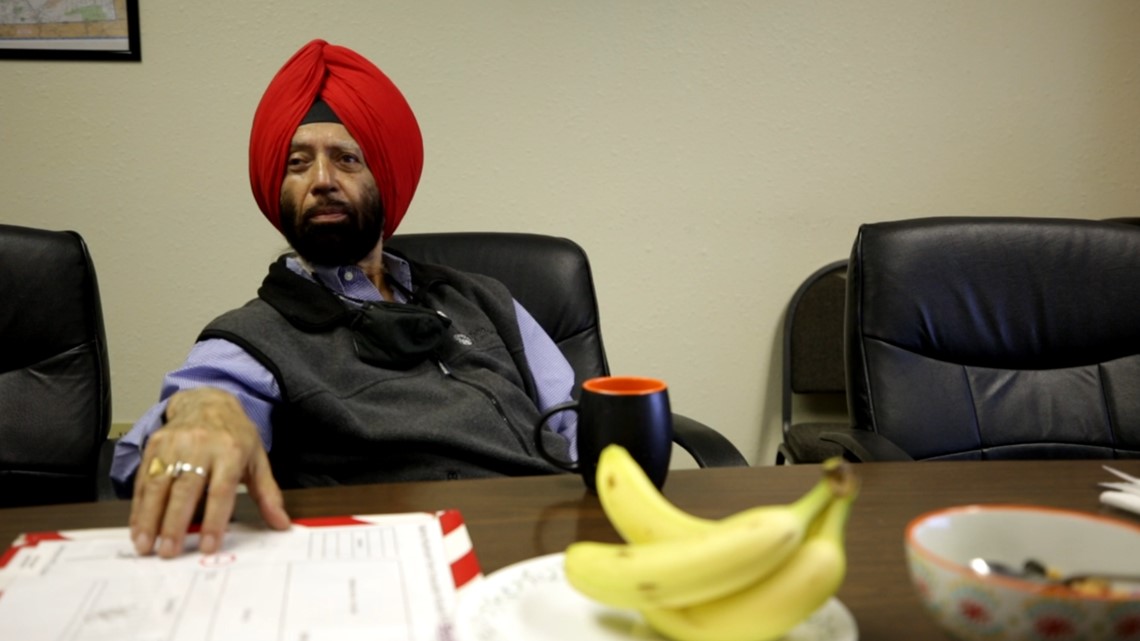
Stacks and stacks of mushrooms grow in a dark complex in Alamosa. A parade of round fungi poke out of the dirt, waiting for their turn to be plucked and prepared.
Colorado Mushroom Farm has sent its crops to restaurants across the state since the 1980s. Owner Baljit Nanda said the COVID-19 pandemic hit the business hard.
“Last year due to COVID, all the restaurants were closed,” he said. “Then all of a sudden overnight your sale, 50-to-70 percent, became zero.”
Mushrooms went to waste because there was not enough demand to keep up with what was produced, Nanda said.
“You have to pick up the mushrooms and then throw [them] away because there's no sale,” he said.
On top of that, the business had two COVID-19 outbreaks in 2020 and 2021 that affected 33 workers, according to data from the Colorado Department of Public Health and Environment.
Colorado Mushroom Farm in Alamosa
PPP loan data reviewed by 9Wants to Know show the company got two loans totaling more than $1.7 million in 2020.
“Without that we wouldn't have been able to survive,” Nanda said.
The SBA data showed the PPP funding saved 200 jobs at the farm.
But 9Wants to Know found Colorado Mushroom Farm LLC owes $519,756.93 in delinquent taxes as of October 2021 – the most out of those that were both paid and are late on their taxes. This $1.2 million gap between owed taxes and payment is the largest gap identified by the analysis.
Nanda said the farm is too important to the Alamosa economy to shut down. Regardless of taxes owed, the PPP funding was crucial. He said if employees were laid off, they would have eventually had to rely on unemployment benefits.
“If we hadn't got this money, what would have happened?” Nanda asked. “The farm would have shut down, and the government would have lost the money, and the local economy would have suffered.”
Nanda said the company got behind on its taxes in part because it spent $5 million on specialized farming equipment in March 2020 and has not been able to use it. The pandemic prevented the manufacturer from traveling to Colorado from Netherlands to finish setting it up.
According to Nanda, the farm’s current equipment is 40 years old.
“So when the equipment breaks down, that delays all the operations,” Nanda said. “We really lost a lot of money during COVID.”
He said the goal was to grow 52 batches of crops a year. In 2020, Nanda said they were only able to produce 20 batches.
A pattern of problems
The 9Wants to Know investigation found that more than half of the businesses and people who were delinquent on their taxes were paid more than they owed.
Even before the PPP money came in, Colorado Mushroom Farm had a pattern of problems. The IRS issued a $824,518.23 federal lien against Nanda in October 2020. The document shows Nanda did not pay enough taxes in 2017 and 2018.
“The farm was unable to produce as it should have produced,” Nanda said. "So during that period, yes, [there were] some taxes we didn't pay. But at the same time, our attorneys are working with the IRS to put a payment plan together so we can pay those taxes.”
Stretton said these liens should have stopped the mushroom farm from getting relief funds.
“If these companies had tax liens and were not paying federal taxes, they probably weren't in good financial standing and probably shouldn't have been eligible for these loans,” Stretton said.
The company might be on the hook for even more money. Rakhra Mushroom Farm Corp. owes Colorado taxpayers $1.8 million as of October. The two have the same ownership.
Rakhra Mushroom Farm Corp is connected to Colorado Mushroom Farm on the company website. The businesses have the same address in Secretary of State records, with the same registered agent (Colorado Mushroom Farm and Rakhra). Nanda confirmed that both entities are operated by the same ownership.

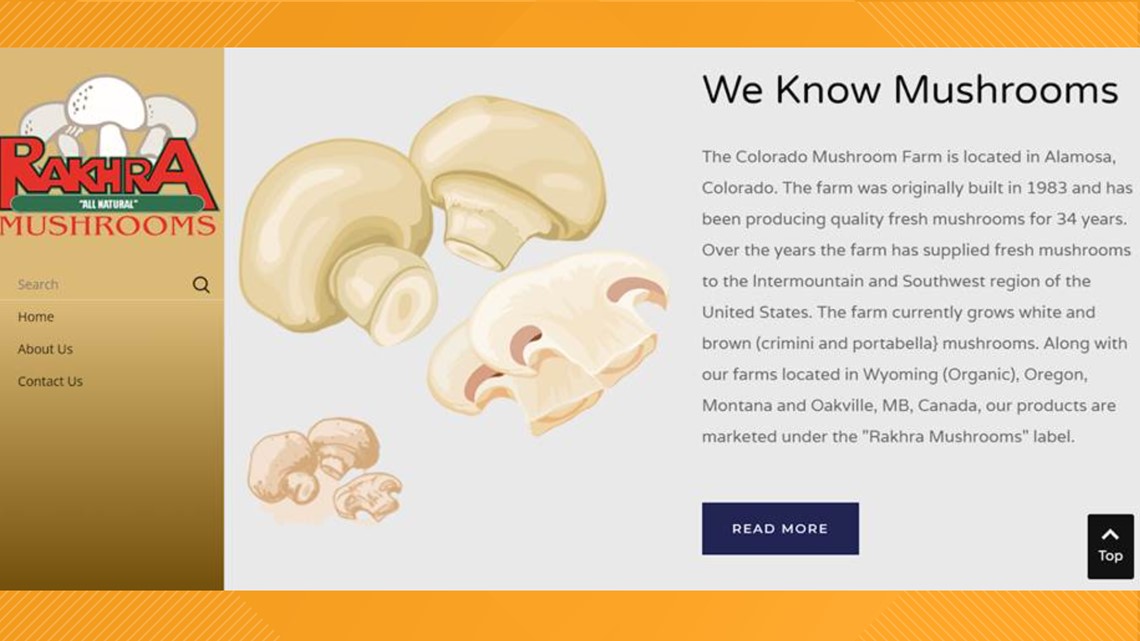
The tab keeps growing for the mushroom farm. The businesses now owe $2.4 million in back taxes – an increase of $158,522 from July to October of this year.
Nanda said he will continue to grow mushrooms to keep his employees working.
“My obligation is to those employees, No. 1,” he said. “My obligation is to the local economy, and the company should pay their taxes. And that's where I'm focused on. And that's why I'm still there. I'm still working. Even during COVID.”
Are some companies off the list?

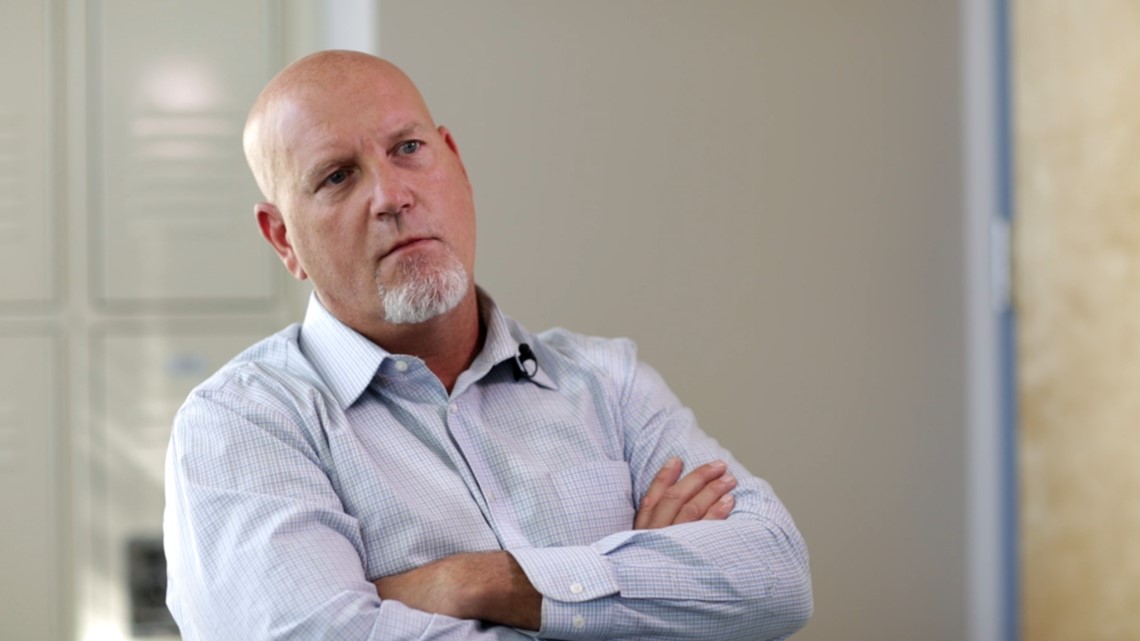
Thirteen of the companies that received PPP funding and were delinquent on their taxes in July are no longer delinquent, according to an October analysis.
This includes AfterOurs, an urgent care company that received $867,197.00 in federal PPP funding – the second-highest payout among the companies that were paid and were delinquent on their taxes.
Chris Rehm runs five AfterOurs locations and said a lot of the clinic’s efforts have gone into treating and testing thousands of people for COVID-19. That PPP money meant they could stay open, he said.
"We wouldn't have made it through that period without that funding,” Rehm said.
The company has a history of problems paying its taxes. The IRS sent the company five liens in 2019 and 2020 totaling $688,986.69. Rehm said despite this, the company should be eligible to get aid.
“What would be unfair?” Rehm asked. “That was very explicitly addressed. And we talked with the IRS representatives when we took out the loan, they were separate. We talked to legal counsel on it. So we worked our way through it.”
When 9Wants to Know first analyzed the July 2021 data, AfterOurs owed $1,418.51 in delinquent taxes. This was different from the federal liens it also owed.
9Wants to Know first reached out to the company for an interview in early October. Sometime between July and October, AfterOurs paid off the $1,418.51 it owed in delinquent taxes.
“We certainly had our struggles," Rehm said. "And this gives us the opportunity to survive in advance."
Rehm added that his company is in compliance with the IRS and has been making payments on past tax debt. Without the COVID-19 relief, he said 65 health-care employees wouldn’t be working.
Of the 148 companies and people that are still delinquent, the median amount owed was $30,396. Sixty-one companies typically paid off $2,193 taxes since July. Sixty-six companies added delinquent taxes to their tab – typically by $1,351.
See more on how 9Wants to Know conducted this data analysis here.
If you have a tip about how relief funds were used in your community, please reach out to the reporters on this story.
Reach investigative reporter Zack Newman through his phone (303-548-9044). You can also call or text securely on Signal through that same number. Email: zack.newman@9news.com.
Contact investigative reporter Jeremy Jojola via his email: jeremy@9news.com
SUGGESTED VIDEOS: Investigations from 9Wants to Know


